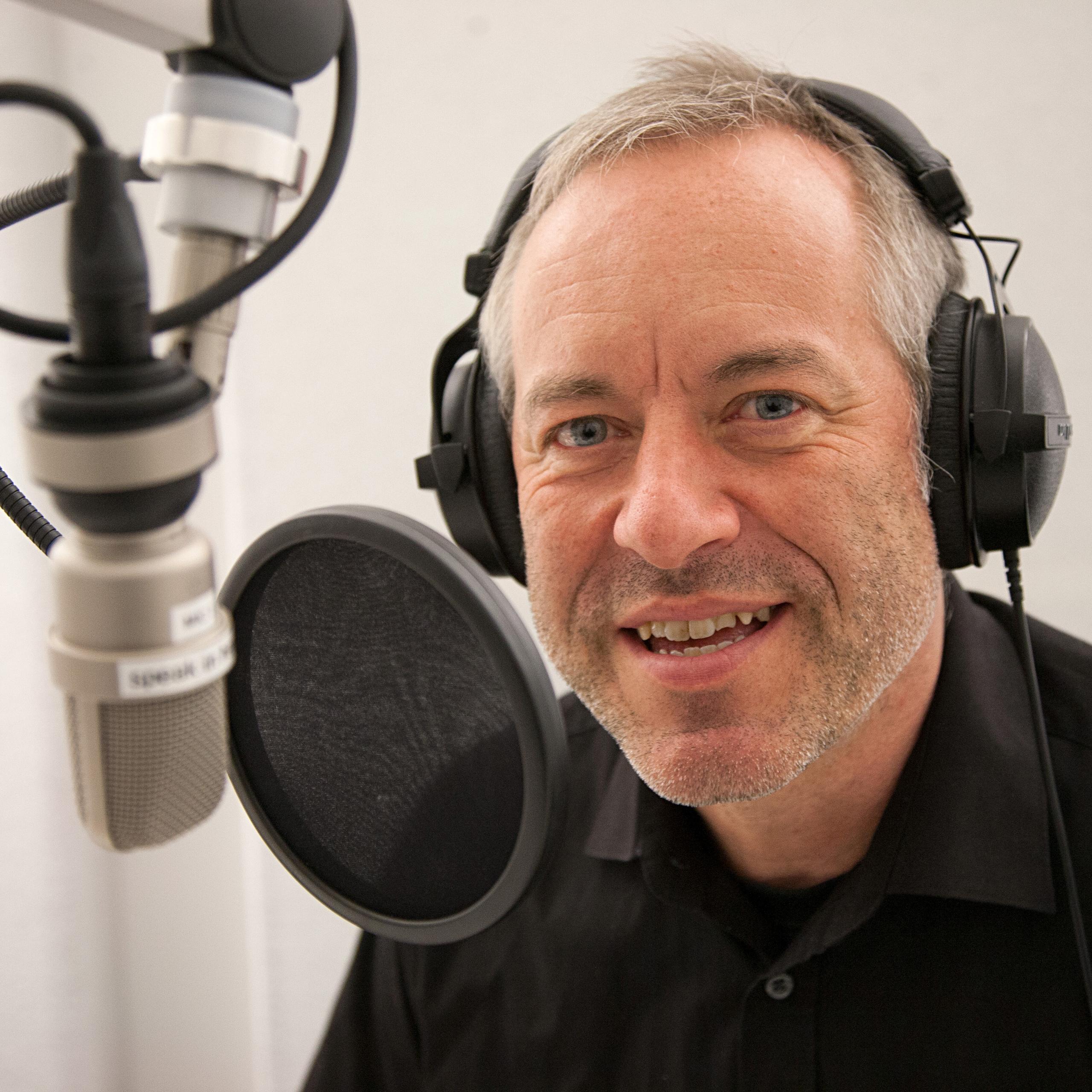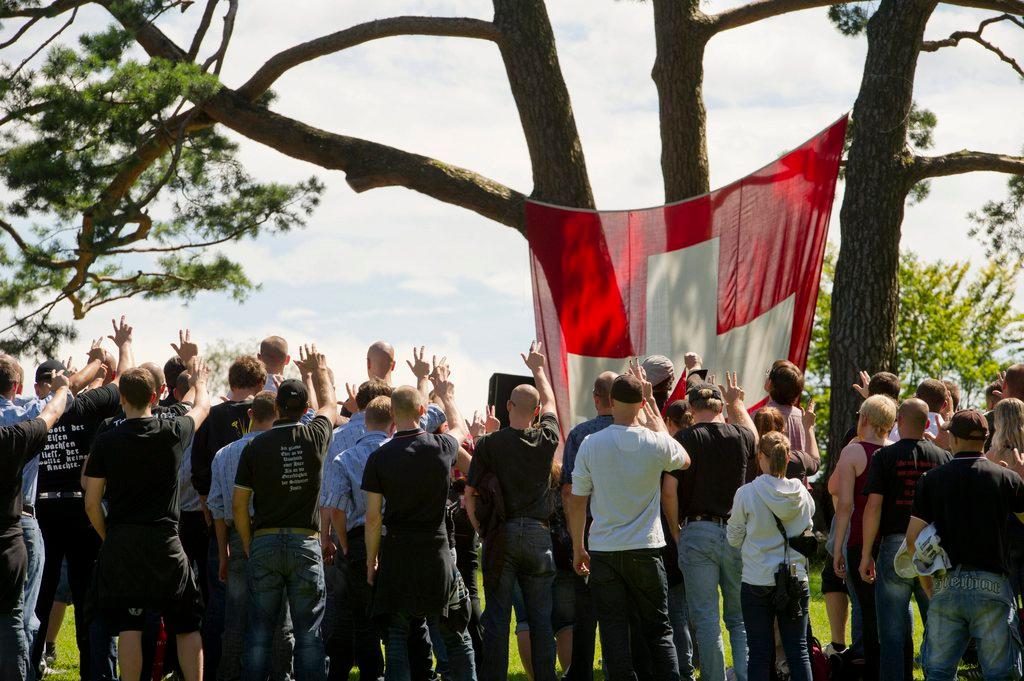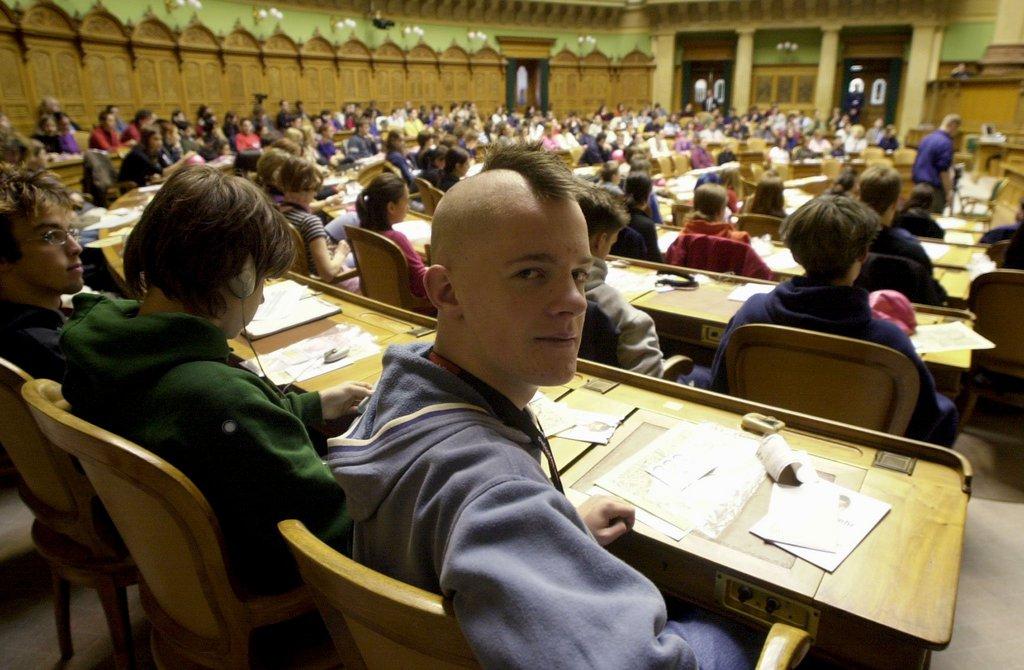Boosting citizens’ participation worldwide

Ten years ago, the United Nations established a global annual opportunity to celebrate this planet’s most successful government system. This seemingly hypocritical commitment to true people power comes with a surprising beauty as the notion of participatory and direct democracy is becoming a universal element of modern democracy.
There was no such term as “democracy” when the UN came into existence at the end of the Second World War. Three quarters of countries and member states at that time were everything else than what we today consider a modern representative democracy based on universal suffrage, division of powers and basic human rights.
In spite of that, the 1948 Universal Declaration of Human RightsExternal link gave some very clear and straightforward guidance, anticipating the fact that by today a majority of all member states are following basic democratic standards.
Article 21 states, that “everyone has the right to take part in the government of his country, directly or through freely chosen representatives”. And: “The will of the people shall be the basis of the authority of government”.

This was the opening shot for a gradual international constitutionalising of democracy across the globe:
Anti-discrimination
In 1966 the Covenant on Civil and Political RightsExternal link reaffirmed and strengthened the understanding that the principle of democracy under international law is based on “the right and opportunity to take part in the conduct of public affairs, directly or through freely chosen representatives” (Art. 25).
Thirteen years later, in 1979, most member states signed the Convention on the Elimination of All Forms of Discrimination against WomenExternal link promising to “…ensure to women, on equal terms with men, the right to vote in all elections and public referendums”.
But it required major developments from autocracy to democracy in the 1980s and 1990s to establish a momentum to go about the essentials of how and where the participatory and direct features of modern direct democracy – which enjoyed some early experiences in countries like Switzerland, the US and Uruguay more than a century ago – could be put into political practice.
Such a mayor development included the 1986 People Power RevolutionExternal link in the Philippines, where millions of citizens took to Manila’s Epifanio de los Santos Avenue (EDSA)to remove long-time dictator Ferdinand Marcos.
Philippines and Qatar
Here the widow of assassinated democracy leader Benigno Aquino, Corazon Aquino later proposed the international community to establish a formal annual day of democracy to both remember the fight for democracy and use it for discussing further improvements.

This idea was picked up in 1997 by the International Parliamentary Union (IPU)External link, which established a worldwide conversation with governments, parliaments and civil society organisations on how to best safeguard and further mainstream the participatory democratic approach.
In an unlikely move, the government of Qatar, – home of the Al-Jazeera TV-network -, launched an international and quickly successful campaign in the first decade of the 21st century for the promotion of an International Day of Democracy.
By this time, international and transnational organisations had started to incorporate – alongside many such developments in cities and regions – the concept of modern representative democracy, based equally on indirect (parliamentary) and direct (participatory) principle.
European Citizens’ Initiative
The most comprehensive example is the European Union, where a constitutional convention agreed in 2003 to – for the first time in world history – establish a tool of transnational, direct and digital democracy, the European Citizens’ InitiativeExternal link.
In force since 2012, this instrument has developed a lot of everyday practice and is currently reviewed by the EU to become more efficient and user-friendly.
Other intergovernmental organisations, including the Council of Europe and International IDEA also started to focus more on the options and limitations of participatory and direct democracy, establishing international recommendations and guidance.
This article is part of #DearDemocracy, a platform on direct Democracy issues, at swissinfo.ch.
Democracy as such has been contested fundamentally in recent years by populist-elitist strongmen (like US President Donald Trump, Hungary’s Viktor Orbán or Recep Tayyip Erdoğan in Turkey), as well as scholars and intellectuals (like Larry DiamondExternal link or David Van ReybrouckExternal link) have ventilated their profound sceptism about it.
Progress
However, in many places around the world – especially at the local and regional level – great progress towards a more representative democracy has been made.
In fact, all of Germany’s municipalities and states have introduced some form of initiative and referendum process – and in post-autocratic societies like South Korea and Taiwan the genuine democratic mood of its citizens have been able to move mountains.
In addition, the challenges and attacks mentioned above have contributed to making many people more conscious about the need to invest and engage in democratic politics again – with the result that turnout in many elections have grown recently.
This year’s International Day of DemocracyExternal link could therefore be seen as a welcome constitutional momentum for more democracy worldwide at all political levels.
In my Swedish home town FalunExternal link – where I am about to conclude my service in the local government in September – we will welcome people from all walks of live – active citizens, scholars, journalists, public officials, businessmen and politicians – on September 15. Making the next steps of democracy possible is nothing else than our responsibility.

In compliance with the JTI standards
More: SWI swissinfo.ch certified by the Journalism Trust Initiative










You can find an overview of ongoing debates with our journalists here . Please join us!
If you want to start a conversation about a topic raised in this article or want to report factual errors, email us at english@swissinfo.ch.